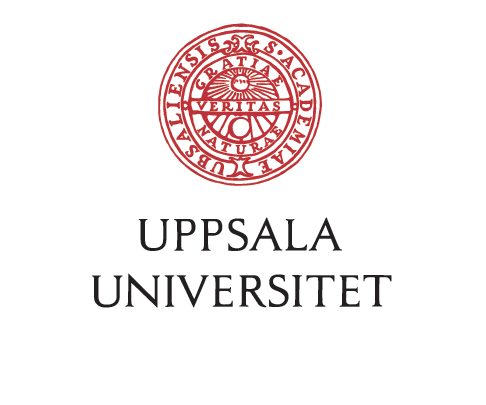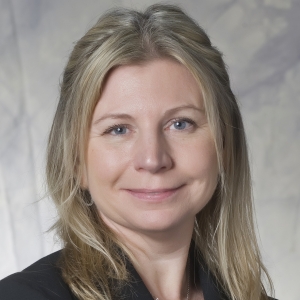


|
|
| Address | Box 256 SE-751 05 Uppsala, Sweden |
|---|---|
| Platforms | Biomarkers, Imaging & Tracing, Small Molecules |

Uppsala University – Quality, knowledge and creativity since 1477
Uppsala University is a highly respected, forward-looking university, ranked among the top 100 in the world. The university has world-class research that offers new perspectives on fundamental scientific questions and contributes to a sustainable environment, human health and advancement of society. Uppsala University is characterised by diversity and breadth, with international frontline research across nine faculties. The faculties in Medicine and Pharmacy cover twelve departments with expertise in drug development, drug delivery, drug usage and advanced research within several clinical specialties. Based on the latest findings within basic research the faculty of medicine conducts advanced clinical research in conjugation with the Uppsala University Hospital. Furthermore, Uppsala University collaborates with the best universities in the world and is a key collaborative partner for business and society.

Institutes' Omics Technologies
Click on an item to find out more
Genomics
Contact
| Head of the facility |
|
|---|
Expertise
| Technologies |
|
|---|---|
| Purposes |
|
| Applications |
|
Features
| Collaboration with industry where the institute collaborated with Genomics expertise (in the last 5 years) | >10 |
|---|---|
| % of TIME involved in technology/methods development/innovation/intellectual property related to Genomics | 10% |
| Certifications |
|
Track record
| Key opinion leaders |
|
|---|---|
| Publications |
|
Transcriptomics
Contact
| Head of the facility |
|
|---|
Expertise
| Technologies |
|
|---|---|
| Purposes |
|
| Applications |
|
Features
| Collaboration with industry where the institute collaborated with Transcriptomics expertise (in the last 5 years) | >10 |
|---|---|
| Certifications |
|
Track record
| Key opinion leaders |
|
|---|---|
| Publications |
|
Epigenomics
Contact
| Head of the facility |
|
|---|
Expertise
| Technologies |
|
|---|---|
| Purposes |
|
| Applications |
|
Features
| Collaboration with industry where the institute collaborated with Epigenomics expertise (in the last 5 years) | <10 |
|---|---|
| % of TIME involved in technology/methods development/innovation/intellectual property related to Epigenomics | 10% |
| Certifications |
|
Track record
| Key opinion leaders |
|
|---|---|
| Publications |
|
Proteomics
Contact
| Head of the facility |
|
|---|
Expertise
| Technologies |
|
|---|---|
| Purposes |
|
| Applications |
|
Features
| Collaboration with industry where the institute collaborated with Proteomics expertise (in the last 5 years) | >10 |
|---|
Track record
| Key opinion leaders |
|
|---|
Metabolomics
Contact
| Head of the facility |
|
|---|
Expertise
| Technologies |
|
|---|---|
| Purposes |
|
| Applications |
|
Track record
| Key opinion leaders |
|
|---|
Data Analysis: Statistics and Bioinformatics Expertise
DATA ANALYSIS for
- Genomics
DATA INTERPRETATION for
- Genomics
DATA MANAGEMENT for:
- FAIR data
STATISTICS
- Molecular profiling (omics and others)
- Expertise in clinical design of experiments, clinical statistics
- Metadata (patient/sample information)
- Methods and policies for information infrastructure, including privacy and security
BIOINFORMATICS
- Genes and proteins annotation
- Expression profiling with omics, microarray and others (e.g. PCR) for RNAseq, microRNA, other RNA species and proteins
- Methylation profiling with NGS and array-types
- Data integration (“Systems biology”)
- Genetic analysis for Structural variation detection (Genome, Exome) and prediction of protein function from sequence information
- Drug-target interaction analysis
- Drug screening analysis
- Bio-Imaging informatics
- Development of new algorithms, e.g. new decision algorithms, new sequence aligners for NGS data, etc.
- Development of semantic analysis tools
- Informatics methods to support clinical decisions (diagnostic, predictive tests)


















